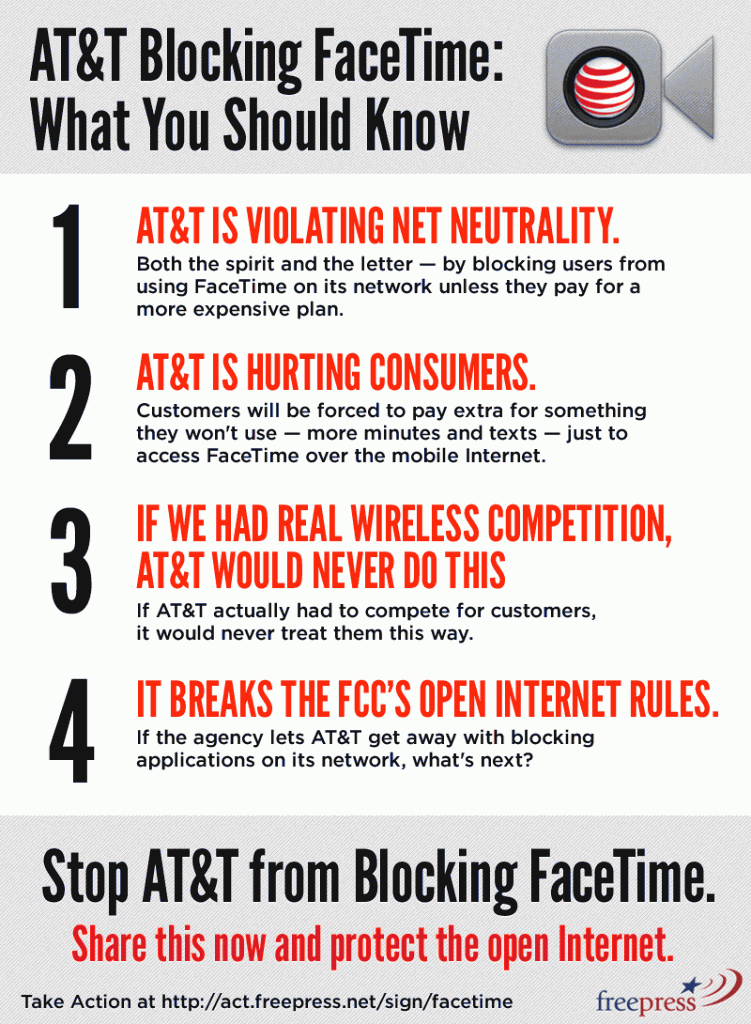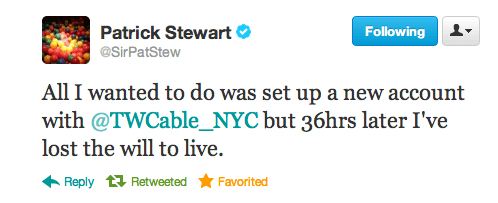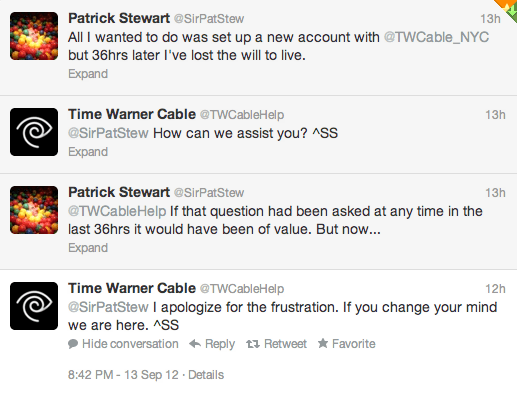Comcast has introduced more generous usage allowances for some of their premium broadband customers who pay for lightning fast speeds and do not appreciate a one-size-fits-all usage cap.
Broadband Reports has reliable information the rollout of more generous caps, starting in Tucson on Oct. 1, will eventually make their way to other Comcast cities. The newly available caps vary according to the broadband tier chosen by customers:
- Economy: 300 GB
- Economy Plus: 300 GB
- Internet Essentials: 300 GB
- Performance Starter: 300 GB
- Performance: 300 GB
- Blast: 350 GB
- Extreme 50: 450 GB
- Extreme 105: 600 GB
Karl Bode says he is unsure what the cap will be (or if there is one) on Comcast’s newest 305Mbps speed tier, not yet available in Tucson. Comcast’s usage caps only apply to residential service. Customers who refuse to tolerate limits have often switched to one of Comcast’s business broadband tiers, which come uncapped.
Customers who exceed their allowance will pay a price AT&T seems to have successfully introduced as the de facto overlimit fee for American broadband consumers: $10 for each 50GB increment over the limit.
Customers will receive an in-browser notice when they reach their limit. Comcast has a ‘three strikes and you’re out $10‘-policy — giving customers three free “courtesy passes” if they happen to exceed their allowance and do not want to pay an overlimit fee. After that, the fee will be automatically billed.
While some Time Warner Cable customers are drooling at Comcast’s regularly increasing speeds (TWC’s top speed is currently 50/5Mbps), a significant number say not having a usage cap is worth the trade-off.
“Comcast can keep their higher speeds you can’t really use with their usage caps,” shares Stop the Cap! reader Will Pryzinski. “I’m more than happy with 50Mbps from Time Warner so long as the usage limit ripoff stays far away.”


 Subscribe
Subscribe









